Science must begin with myths, and with the criticism of myths
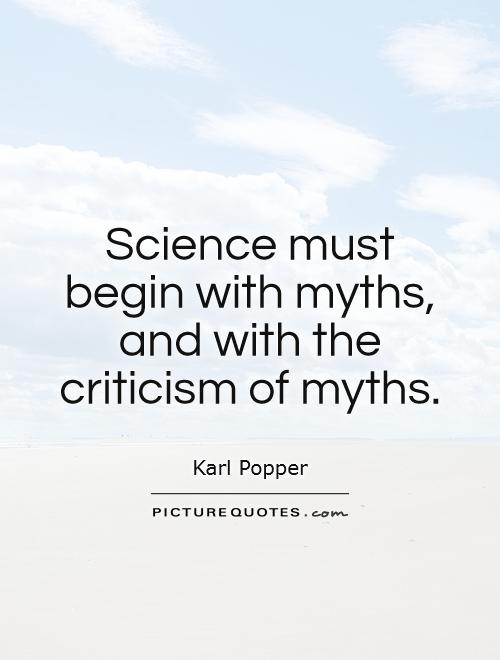
Science must begin with myths, and with the criticism of myths
Karl Popper, a renowned philosopher of science, famously stated that "science must begin with myths, and with the criticism of myths." This statement highlights the importance of recognizing the role of myths in the development of scientific theories and the necessity of subjecting these myths to critical scrutiny in order to advance scientific knowledge.In the context of science, myths can be seen as the initial ideas or hypotheses that scientists propose to explain natural phenomena. These myths are often based on intuition, observation, or existing beliefs, and serve as the starting point for scientific inquiry. However, it is crucial for scientists to recognize that these myths are not infallible truths, but rather provisional explanations that need to be tested and evaluated through empirical evidence and logical reasoning.
Popper's emphasis on the criticism of myths underscores the importance of subjecting scientific theories to rigorous scrutiny and falsification. In his philosophy of science, Popper argued that scientific theories should be falsifiable, meaning that they should be capable of being proven wrong through empirical testing. By subjecting myths to critical evaluation and attempting to falsify them, scientists can refine their theories, discard erroneous ideas, and ultimately arrive at more accurate and reliable explanations of the natural world.
Moreover, the criticism of myths is essential for promoting scientific progress and innovation. By challenging existing beliefs and theories, scientists can uncover new insights, discover unexpected patterns, and generate novel hypotheses that can lead to breakthrough discoveries. This process of critical evaluation and revision is at the heart of the scientific method and is crucial for advancing our understanding of the universe.

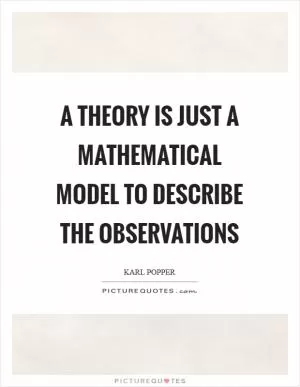

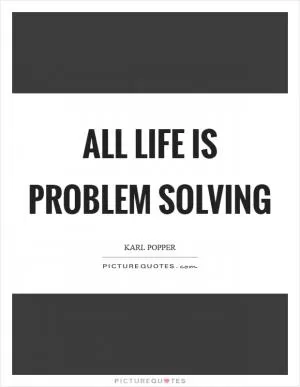
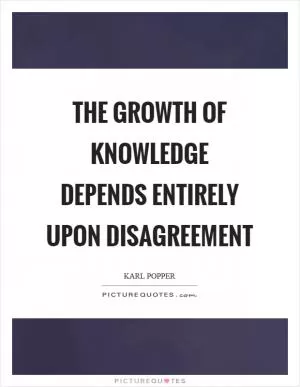



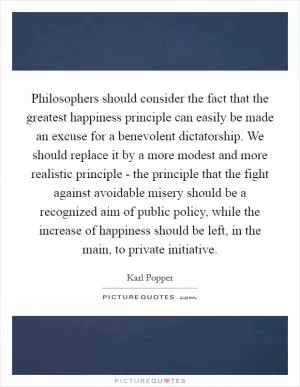

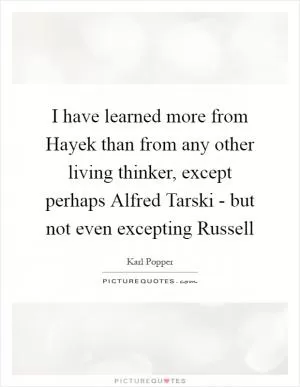
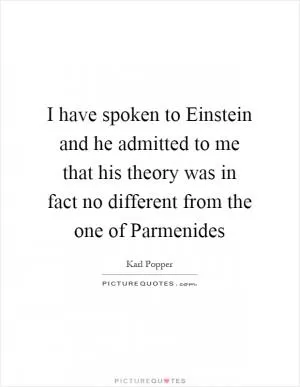
 Friendship Quotes
Friendship Quotes Love Quotes
Love Quotes Life Quotes
Life Quotes Funny Quotes
Funny Quotes Motivational Quotes
Motivational Quotes Inspirational Quotes
Inspirational Quotes